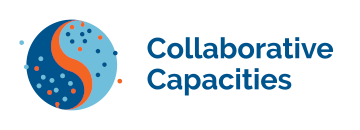Research projects with community-focused outcomes are as much in need of innovation techniques as are market-driven businesses. At a focused, productive workshop participants co-created two collaborative project proposals that would ultimately benefit stroke patients and their carers. We also had fun…
Stroke Association is there to support people to rebuild their lives after a stroke. They provide specialist help to patients and their carers, and fund critical research. Fellows typically are academic researchers, on both the clinical and community-focused ends of the research spectrum. Stroke Association wanted to increase collaboration among their Fellows to better benefit both patients and carers.
We used a design thinking approach by focusing first on who would ultimately benefit most from the research. Participants explored why they were there and what they could bring to the table. This created a full picture from which the Fellows could then brainstorm specific challenges that they could think about. From there, the collaborative research projects almost “wrote themselves”.
When looking at enhancing collaborative research, it is important to look at all aspects of the problem. Once this is mapped out, it becomes clear what needs to change. As people’s skill sets get increasingly specialized, collaboration as a practice becomes imperative. Disciplinary boundaries often get in the way of open collaboration for research, which is where independent funding can really make a big difference.
“This was one of the most productive and fun workshops I’ve attended this year!”
“I have not included a teenager in my carer profile before – this made a huge difference in how we designed the project.”
“Really useful day.”

